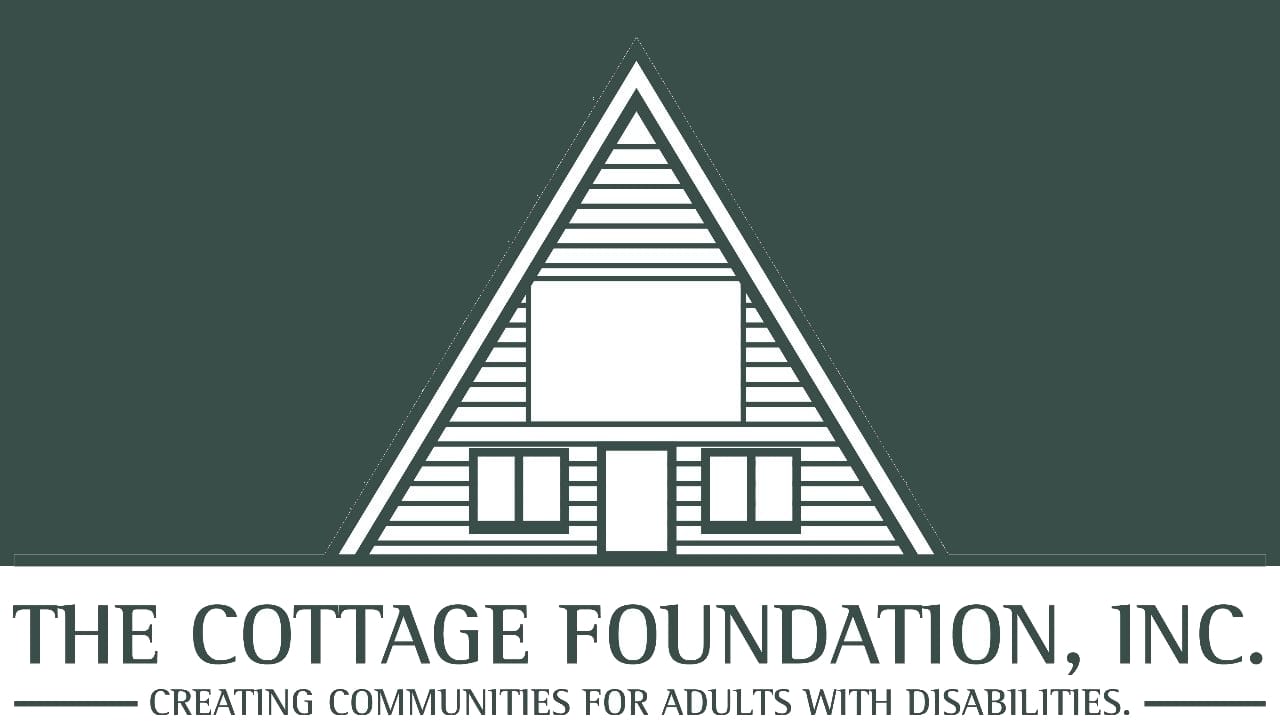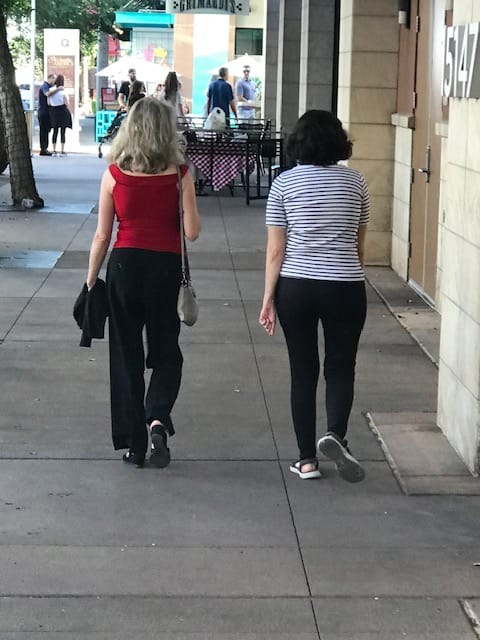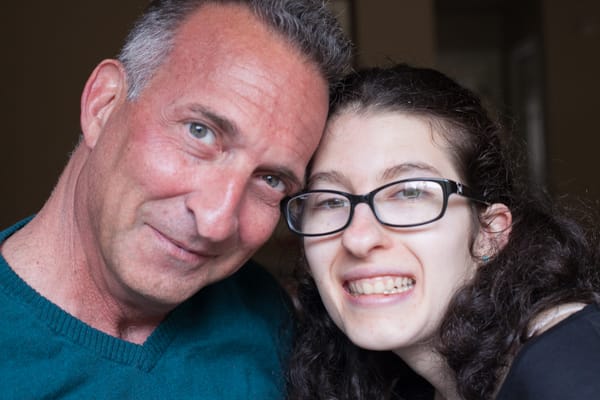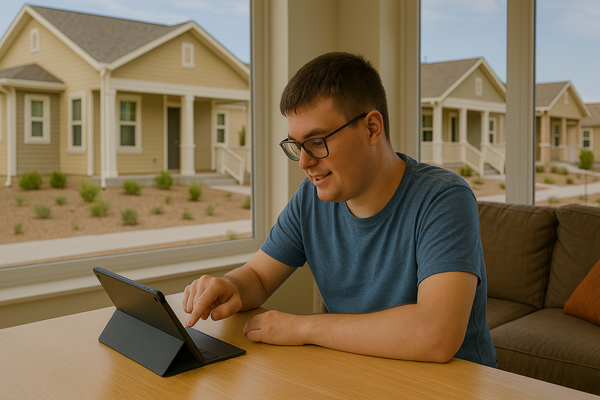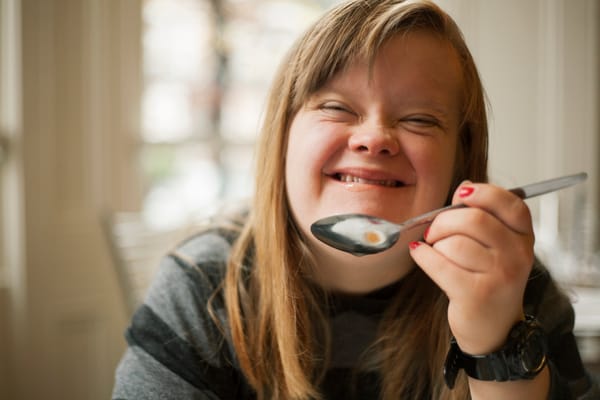Finding Each Other Again: The Gift of Independence for Our Special Needs Daughter and Ourselves

For years my wife and I dedicated our lives to raising both our daughters, but our older one has special needs. We love her deeply, and ensuring her safety, happiness, and well-being was always a top priority. But, as any caregiver knows, the daily responsibilities, the constant vigilance, and the emotional weight of the role take a toll.
Our days were filled with structure—appointments, therapies, routines—all necessary to provide our oldest with the best life possible. But that structure left little room for us. Over time, our marriage became secondary to the demands of parenting. There was little space for spontaneity, vacations were nearly impossible, and true alone time was rare. Even simple things, like having an uninterrupted conversation or going out for dinner, required extensive planning or were just outright impossible. While we accepted this as our reality, we couldn’t ignore the growing strain on our relationship. We weren’t just parents—we were also partners, and that part of our connection had faded under the weight of responsibility.
Parents and siblings are often forgotten in the special needs equation. The focus—rightly—is on the most vulnerable: the person with the disability. But what’s often overlooked is the toll it takes on the entire family. The stress, the isolation, the emotional and physical exhaustion—it can be devastating. Marriages crumble, siblings feel neglected and pressured, and parents sacrifice their own well-being in ways the outside world rarely sees. We push through because we have to, but the cost is immense.
Moving our older daughter into a safe, supportive, and vibrant community designed for adults like her was one of the best decisions we ever made. It was an emotional transition, filled with uncertainty, guilt, and questions. Would she be happy? Would she adjust? Would she miss us? But as the days and weeks passed, our fears were replaced with relief and gratitude. Now, she has a home of her own, filled with activities, friendships, and caregivers who truly understand her needs. She is happy, engaged, and her independence is blossoming. And we are only 20 minutes away, close enough to be there whenever she needs us but far enough to reclaim something we had lost: each other.
The change has been life-altering. For the first time in years, my wife and I have space to breathe, to reconnect, to just be a couple again. We still face challenges, of course, but the constant, daily weight has lifted. We no longer live in a state of constant crisis management. Instead, we can be present in our daughter’s life in a way that is more intentional, less frantic.
And for us, the benefits have been immeasurable. We’ve rediscovered the joy of simply being together. We’ve been able to take a vacation, to enjoy quiet dinners, to have uninterrupted conversations. Our home is a place of peace again. We laugh more. We feel like partners again, not just co-caregivers navigating survival mode.
This transition wasn’t just about giving our older daughter independence—it was also about giving ourselves permission to live fully again. Families matter too. And in finding this balance, all of us—our daughters (both of them), my wife, and I—are doing better in ways we hadn't imagined.
